Keto Depression: Do low carb diets influence mood?
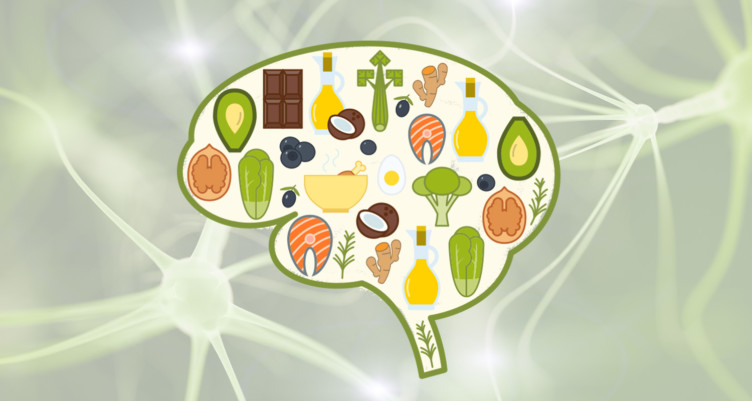
- Keto helps stabilize energy levels, lower inflammation and feed your brain—but can low-carb diets influence your mood?
- The benefits of the keto diet can help people feel more balanced. If you’re used to feeling hangry after breakfast, a low-carb diet might help you stay on top of your game.
- Your diet definitely impacts the way you feel. Find out how to tweak keto if you’re feeling down.
You’ve no doubt heard by now about keto’s ability to burn fat, and fast. But less has been said about keto and depression. Does giving up carbs and sugar help or hurt your mood? Read on for a look at what the science says, plus ways to tweak keto if it’s left you feeling down.
If you found this article because you are thinking about or have tried to harm yourself, please stop what you’re doing and call the National Suicide Prevention Lifeline at 1-800-273-8255 right now. There’s a 24/7 live chat option on their website if you’re more comfortable speaking with someone that way. If you aren’t suicidal, but feel like you’re struggling with depression, speak with your healthcare provider for help.
Depression and keto: What the science says
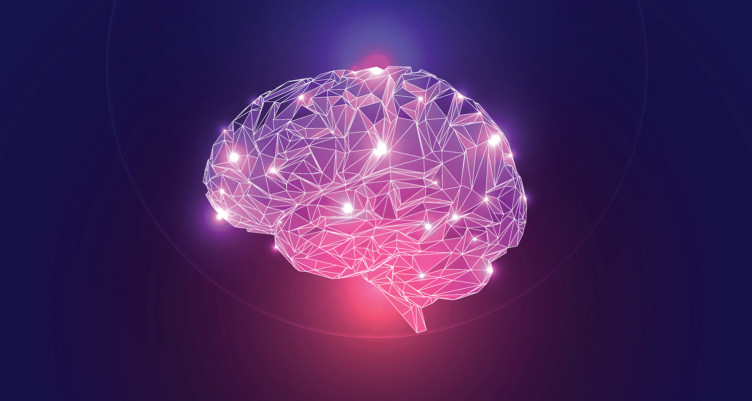
The keto diet has been around a long time. It was first introduced in the 1920s to treat people with epilepsy. Researchers found that higher levels of blood ketones led to fewer epileptic seizures in patients,[1] demonstrating that keto can impact and change the chemistry of the brain.[2][3]
Since depression and the brain are so closely linked, researchers have explored the possibility of using keto as a treatment for depression.[4] The results are limited to animal studies. Here’s what we know so far:
In one study, rats that were put on a keto diet moved around more compared to a control group (low physical activity is considered a marker of depression). The researchers concluded that rats on the keto diet, like rats treated with antidepressants, were less likely to show what they called “behavioral despair.”[5]
In another study, 8-week-old mice who were exposed to the keto diet in the womb, but who ate a standard diet once born, were less likely to be depressed or anxious.[6] They were more physically active than mice who were fed a standard diet in utero and postnatally. The brain volume of mice that had been on keto also differed from that of the mice fed a standard diet. The findings suggest that the keto diet can alter the size of the mouse brain, at least before birth.
Other studies also show that keto influences the brain structure of rats. In one report, keto increased the density of blood vessels in the brain.[7] Another study showed that ketones protect brain cells from injury.[8]
How keto can help your mood
It might seem like a stretch to think that what you eat impacts your frame of mind. But if you’ve ever felt anxious after having too much caffeine or cranky between meals, you already know that your diet and your mood are connected. The keto diet is unique because eating a low-carb, high-fat diet has a number of benefits for your mood.
Stabilizes energy levels

If you’re used to eating oatmeal for breakfast and a sandwich for lunch, then you’re probably familiar with energy highs and lows.
High-carb foods cause rapid spikes in blood sugar, and just as speedy declines. Energy crashes affect your mood, making you feel grouchy (it’s called being “hangry” for a reason). When your blood sugar starts to drop, your brain panics, thinking it won’t get more fuel to function. Your adrenaline surges as your body tries to tell your liver to make more glucose. The body sends in other stress hormones, and you’ve got a fight-or-flight response brewing—and for many people, this stress response can trigger anxiety.
Energy levels on keto diet principles are different. Ketones offer a longer-lasting, more stable source of energy—and since your body knows it can also reach into your fat stores for fuel, your brain doesn’t panic, thinking you’re running out of food.
Combats inflammation

Inflammation is your body’s natural response to an invader, like disease or oxidative stress. A healthy inflammation response is able to protect your body and then return to baseline levels. The problem is that inflammation can be triggered by tons of things, from your diet to your environment—and left unchecked, inflammation can contribute to stress, fatigue and even disease.
How does keto reduce inflammation? When you switch to a high-fat, low-carb diet, you’re turning your back on inflammatory, processed foods like bread, cereal and pasta that damage the gut. Keto and inflammation support go hand-in-hand when you eat nutrient-dense, whole foods that are as minimally processed as possible.
“The keto diet gets you to eat real food,” says Ellen Vora, MD, a holistic psychiatrist. “It motivates people to get more conscious about how they source, prepare and eat their food, and it necessitates a transition to a nutrient-dense, real-food diet.” (Unless you’re following a dirty keto diet, but more on that later.)
In one study, middle-aged people who ate a diet rich in whole foods (defined as fish, vegetables and fruit) were less likely to be diagnosed with depression than people who ate processed food (sweetened desserts, fried foods, and refined grains).[9]
If you’re curious about the mental benefits of the keto diet and inflammation, it’s safe to assume that eating anti-inflammatory foods help support overall wellness—including mood. Research shows a link between inflammation and depression:
- Depressed people have higher levels of proinflammatory cytokines, molecules that the body releases in response to inflammation.[10]
- People with cancer or autoimmune diseases show higher rates of depression. While it’s true that being sick can make one feel depressed, scientists say it’s the connection between depression and inflammation that’s the likely culprit.[11][12]
Promotes neurogenesis

The keto diet can increase your rate of neurogenesis.[13] What is neurogenesis?[14] Here’s a quick neurogenesis definition: This term refers to the process of making new brain cells. Neurogenesis is important for mood because a low rate of neurogenesis is linked to mood problems, including depression.[15] A higher rate of neurogenesis, on the other hand, boosts your emotional resilience.
Diet is a key player in determining your rate of neurogenesis. Some foods slow it down, while others speed it up. A high-sugar diet (i.e. the opposite of keto) slows your rate of neurogenesis by spiking the insulin levels in your blood. Too much insulin can take a toll on your organs, including your brain.
In one study, rats who ate a diet high in sugar and oxidized (damaged) fats showed impaired cognitive function after just two months. The area of the brain that was most affected was the hippocampus, where neurogenesis takes place.[16]
Fat feeds your brain
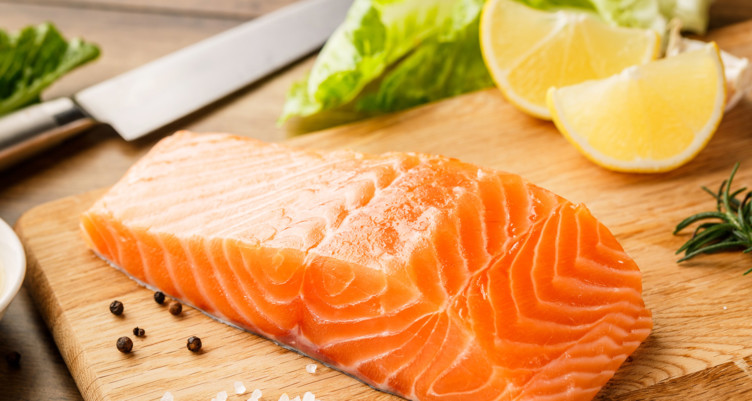
You might have heard about keto diet benefits for brain function. People report feeling sharper and more alert when they run on fat for fuel, instead of carbs. As it turns out, your brain is made up of nearly 60% fat, and it needs plenty of good fats to keep it running.[17] The keto diet effect on brain health might include your mood, too—when you eat more quality fats, you support the function of your central nervous system, which can help keep your moods stable.
Numerous studies suggest a relationship between omega-3 fatty acids, found in wild fish, grass-fed beef and fish oils, and mental health.[18] Researchers speculate that omega-3 fatty acids support brain function by helping neurotransmitters (chemical messengers) communicate better. These fatty acids also modulate inflammatory cytokines—substances that contribute to inflammation in other parts of your body.
In one study, two types of omega-3 fatty acids called EPA and DHA aided the secretion of serotonin, the neurotransmitter that helps regulate your mood.[19]
Can the keto diet make you depressed?
A high-fat, low-carb diet might help you put your best foot forward, but other people experience symptoms that seem to link keto and depression. What gives? There isn’t a keto depression study or body of research that examines the effects of this diet and mental health in adults (yet). Here are a few potential reasons you might feel down on keto, based on what we know about the unique attributes of this diet and how they might affect mood. But as always, we recommend taking any specific concerns to your healthcare provider.
You’re not eating enough nutrient-dense foods
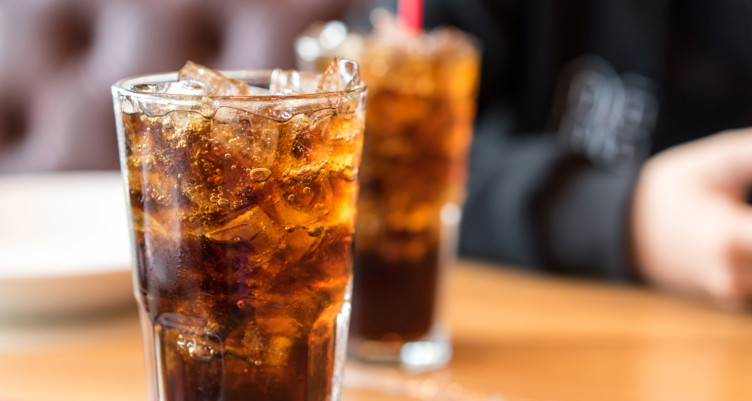
It’s possible to follow keto and still be living off junk food. It’s known as “dirty keto.” You follow the same breakdown of fats, proteins, and carbs as regular keto, but with one difference: it doesn’t matter where those macronutrients come from. Lunch could be a bunless bacon cheeseburger and diet soda. Sounds fun, but eating foods low in vitamins, minerals, and enzymes won’t do your mood any favors.
Your body relies on nutrient-dense foods, particularly high-quality proteins and fats, to make neurotransmitters like serotonin and dopamine, which help stabilize mood. If you don’t eat enough of these foods, your brain cells can’t communicate with each other as effectively, and may send the wrong signals.
The result? Your performance suffers, and you may feel occasionally anxious and distressed.
Inflammatory foods can also upset the balance of good and bad bacteria in your gut. Your gut and brain are constantly communicating with one another (it’s known as the gut-brain axis). Studies show that a gut imbalance can contribute to occasional low spirits, as well as a host of other conditions.[20]
You have low levels of electrolytes
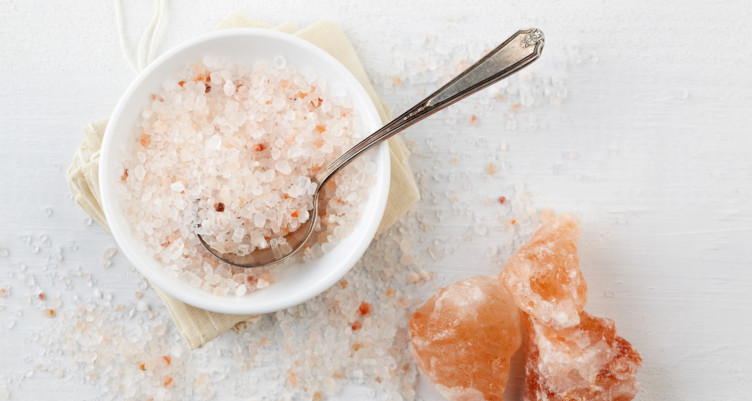
When you first start keto, your kidneys start to excrete more water as your body switches from burning glucose to ketones for energy. This flush of water accounts for the dramatic weight loss people often experience when they first go on the diet. But there’s a downside—in the process, your body loses valuable electrolytes like magnesium, potassium and sodium. Low levels of electrolytes have been linked to depression.[21]
It’s relatively easy to support healthy electrolyte levels. Make sure you’re getting 2 to 2 ½ teaspoons of salt a day (we like Himalayan pink salt), and consider supplementing with potassium (1600 to 2000 mg per day) and magnesium (up to 350 mg per day).
A sense of isolation

Any diet that restricts certain food groups can potentially leave you feeling socially isolated, which can contribute to mood disorders. When you meet your friends at an Italian restaurant and they’re all ordering pizza, you may feel left out. This sense of isolation can affect your mood, says Vora.
“[Keto] can impact your ability to eat out with friends, and this can be a significant drawback, as community and a sense of ease in life is just as important to your mental health as a state of ketosis,” says Vora.
What to do if you’re experiencing keto depression
If you’re concerned about the keto diet and depression symptoms, you have options. First, recognize that the best diet is the one that works best for you. If keto mood swings are impeding your quality of life, it’s okay to try something else—whether that’s a different style of keto or a different diet altogether. Here are a few ideas to get started.
Get support

Here’s the number one thing to remember about mental health: It’s not an area that you want to navigate alone.
If you’ve started feeling depressed while following a low-carb diet, it’s important to reach out for support. Speak with a medical professional, whether you start with your doctor or a therapist. There’s a lot that can trigger changes in your mood, and talking to someone can help you sift through possible causes and draw up a game plan.
Eat a variety of low-toxin, anti-inflammatory foods

You want to focus on high-quality proteins, good fats and plenty of vegetables to support your overall health, from your digestion to your mood. By “high-quality,” we mean minimally processed, organic and grass-fed or pasture-raised whenever possible. That’s why we don’t recommend a dirty keto diet long-term—just because something is low-carb doesn’t mean it’s necessarily good for your body or mind.
Do cyclical ketosis

Cyclical ketosis (aka carb cycling) involves carb-loading one day of the week. The other six days, you stick with the standard low-carb keto diet plan. Adding healthy carbs like sweet potatoes and white rice once a week carries lots of benefits, including improved mood.
It’s easier to follow keto when you can periodically satisfy your carb cravings and enjoy the occasional meal out. Certain carbs, especially resistant starch, feed your good bacteria, and a balanced gut equals a balanced mood.
Take mood-boosting keto supplements

Certain supplements can support your mood and help you feel more balanced. However, read your labels to make sure they’re keto supplements—sugar and starches can sneak into ingredient labels. (We recommend always double-checking capsules, powders or gummy supplements prior to purchasing or adding them to your keto stack.)
Try these:
- Adaptogenic supplements to help the body adapt to stress
- Amino acids to support neurotransmitters
- Gut health supplements to support your body’s gut-brain connection
Depression and the keto diet: Our takeaway
Just like there’s no one-size-fits-all approach to diet, there’s no one-size-fits-all approach to mental health.The keto diet is a proven, effective way to support energy and fuel your brain. But if standard keto isn’t working for you, experiment with different styles of eating until you find what does work.
In the meantime, stay in constant communication with your healthcare provider, and check in with yourself along the way. And remember, diet is only one aspect of wellness—managing stress, getting enough sleep, moving regularly and practicing self-care are all key ways to feel and perform your best, each and every day.
Sign up for early access to sales, product launches, the latest Bulletproof news and more!
This article has been updated with new content.



